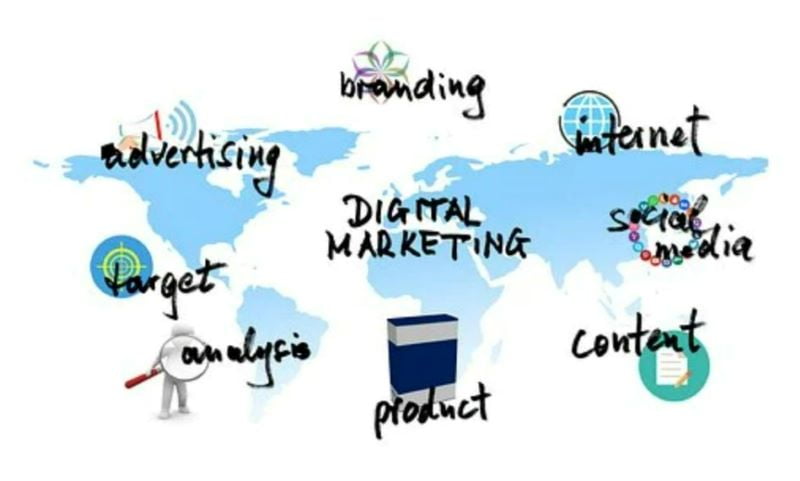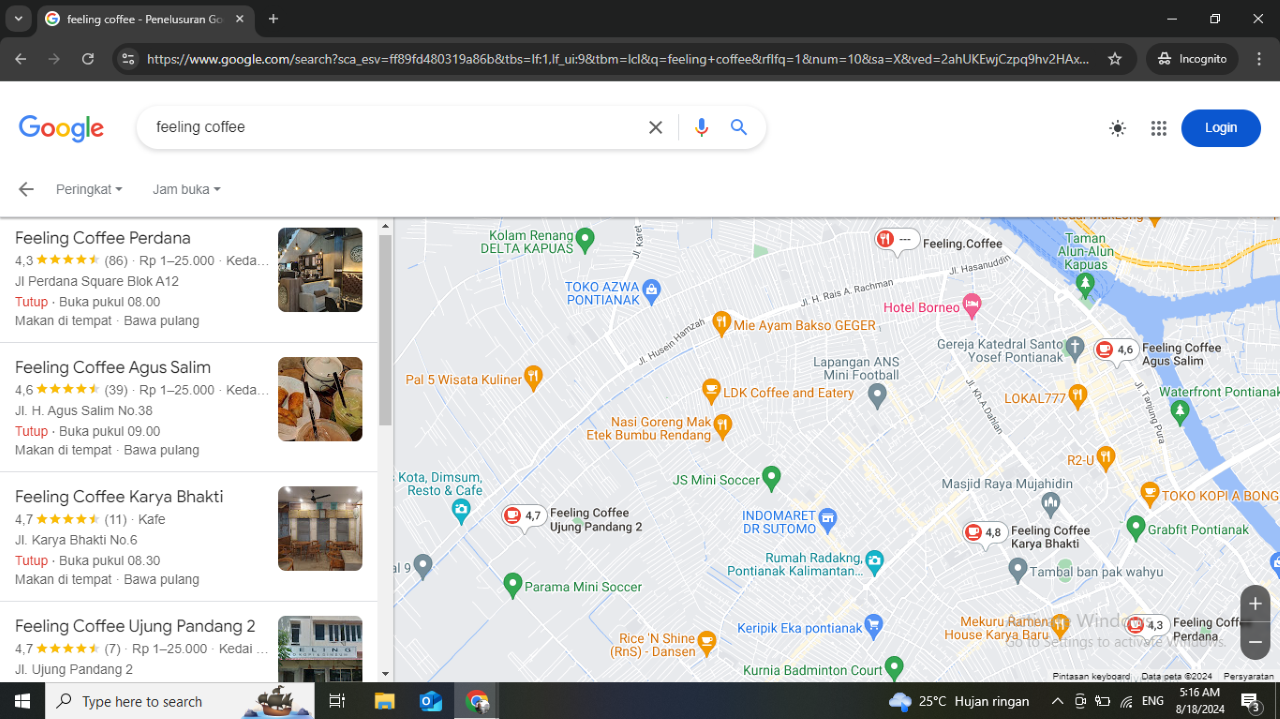Streamline Your Projects
These powerful tools offer a wide range of features that simplify project planning, scheduling, task management, communication, and resource allocation.
In this article, we will delve into the world of project management software and explore the key benefits and features that make it an essential tool for any modern business.
Centralized Project Planning and Scheduling
Project management software provides a centralized platform for planning and scheduling tasks, milestones, and deadlines.
With intuitive interfaces and customizable dashboards, these tools enable project managers to create and visualize project timelines, assign tasks to team members, and set priorities.
By having a clear overview of project progress, potential bottlenecks can be identified and addressed promptly, ensuring projects stay on track.
Efficient Task and Resource Management
One of the primary advantages of project management software is its ability to streamline task and resource management. Team members can view their assigned tasks, track progress, and update statuses in real-time.
Additionally, resource allocation features allow project managers to assign resources based on availability and skillsets, preventing overallocation and ensuring optimal productivity.
This helps teams work cohesively, minimizes confusion, and improves overall project efficiency.
Collaborative Communication
Effective communication is essential for successful project execution. Project management software facilitates seamless collaboration among team members, regardless of their physical location.
Features such as file sharing, discussion forums, and real-time messaging enable teams to share updates, brainstorm ideas, and provide feedback instantly.
Centralized communication channels within the software eliminate the need for lengthy email chains and scattered information, promoting efficient and transparent collaboration.
Document and Knowledge Management
Project management software often includes document and knowledge management capabilities. This allows teams to store and share project-related documents, specifications, and guidelines in a centralized repository.
Team members can access the information they need, reducing time spent searching for files and ensuring everyone is working with the most up-to-date materials.
This feature also aids in maintaining a knowledge base for future reference, enabling organizations to benefit from lessons learned and best practices.
Performance Tracking and Reporting
Monitoring project performance is crucial for identifying areas of improvement and ensuring projects stay aligned with goals.
Project management software provides tools for tracking key performance indicators (KPIs) and generating comprehensive reports.
These reports offer insights into project progress, resource utilization, budget tracking, and other relevant metrics.
By having access to accurate and up-to-date data, project managers can make informed decisions, allocate resources effectively, and make adjustments to optimize project outcomes.
Conclusion
In a rapidly evolving business landscape, leveraging project management software has become a necessity for organizations of all sizes.
The benefits are numerous: streamlined project planning and scheduling, efficient task and resource management, collaborative communication, centralized document and knowledge management, and accurate performance tracking and reporting.
By adopting project management software, businesses can enhance productivity, improve project outcomes, and ultimately achieve their strategic objectives. Embrace the power of technology and equip your team with the right tools to excel in the world of project management. (DW)












